The U.S. government has accelerated its timetable for implementing new expanded curbs on the export of high-end artificial intelligence chips to China.
U.S. chip designer Nvidia said in a new regulatory filing that the government informed the company on Monday that the interim final rule "is effective immediately", according to a Reuters report.
The rule is an update to the previous export controls imposed by the U.S. Commerce Department a year ago to stop China from acquiring advanced chips and equipment to make them.
The move is seen as an attempt to curtail China's technological development, which the government claims is necessary for "national security".
As part of the new restrictions announced on Oct 17, the advanced computing chips rule was originally set to take effect on Nov 16. However, the government advanced the timetable without disclosing any reasons.
Under the new rule, chip companies must notify the U.S. government before selling to China any chips that fall slightly below the restricted threshold that falls under the previous rules.
The rule is believed to target Nvidia, a leader in graphics chips that are used to develop AI services.
The company has been selling modified advanced AI chips A800 and H800 — a weakened version of its flagship processor — to Chinese companies to comply with previous export rules.
The new restrictions will bar sales of both chips. Nvidia's other products, including A100, H100 and L40S chips, also are impacted by the curbs.
The company said in the filing that it didn't expect a near-term impact on earnings from the move. But it has questioned the long-term effectiveness of limiting trade.
Nvidia CFO Colette Kress said in June that long-term restrictions on China will impact "our future business and financial results" and that the American semiconductor industry will suffer "a permanent loss of opportunities".
Like Nvidia, chip designer Advanced Micro Devices also relies on its massive consumer chip sales to China to fund their research and development of data center technology.
The U.S. also expanded its export restrictions to additional countries and overseas subsidiaries of Chinese companies to prevent "circumvention of the controls".
The administration also added Chinese chip companies to a trade restriction list, requiring overseas manufacturers to gain a U.S. license to fill orders from those companies.
The U.S. government has been under political pressure to tighten the restrictions on China after the release of 5G-capable Mate 60 phones by Huawei Technologies in August.
The achievement is regarded as a blow to Washington's ability to clamp down on Beijing's technological development.
But some major semiconductor companies and their trade group have objected to the administration's strategy, saying it "harms the U.S. semiconductor ecosystem without advancing national security", as overseas customers look elsewhere.
The Center for Strategic and International Studies said last week that U.S. export controls have affected U.S. industry in two major ways: loss of Chinese market demand for leading-edge chips and their associated technologies, as well as retaliatory controls and sanctions by China.
"Additionally, the Chinese government has been working to convince domestic technology firms to source their inputs domestically rather than from U.S. suppliers. This threat of designing-out U.S. critical technological inputs threatens U.S. industry en masse," said the analysis.








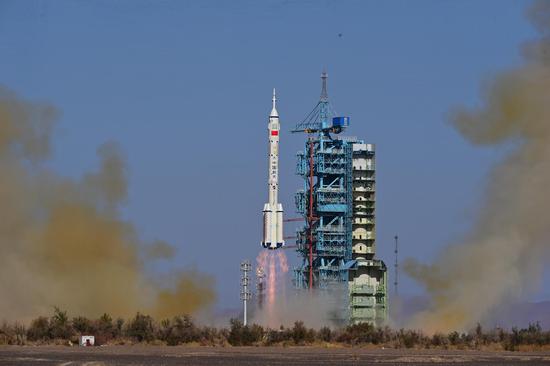
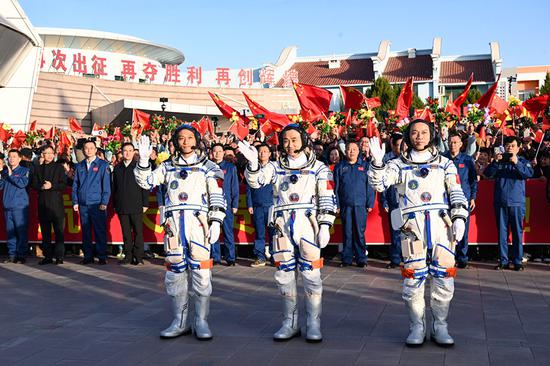



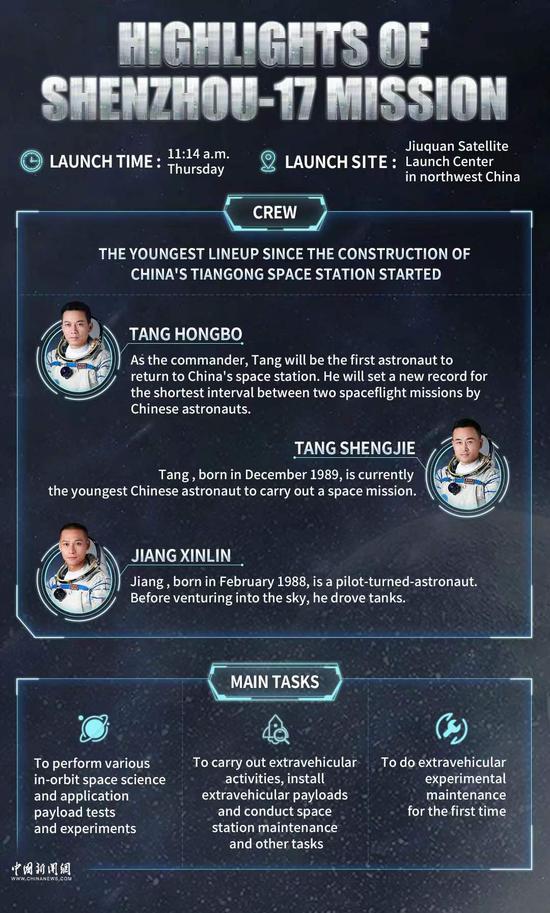



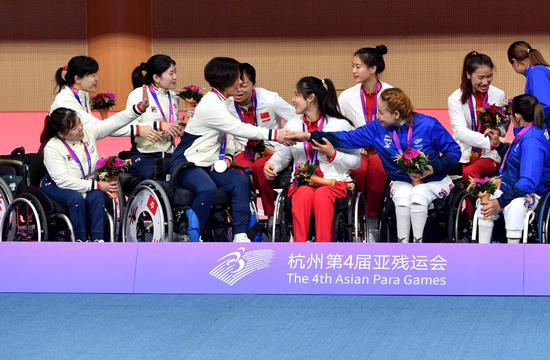








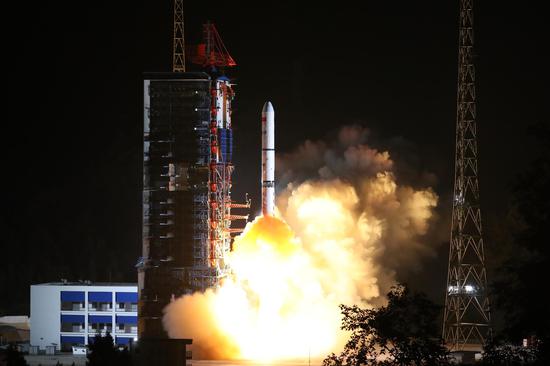








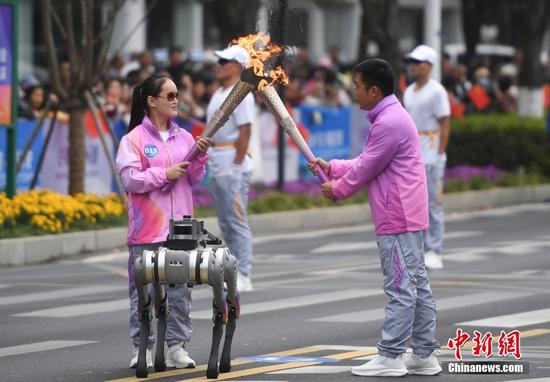



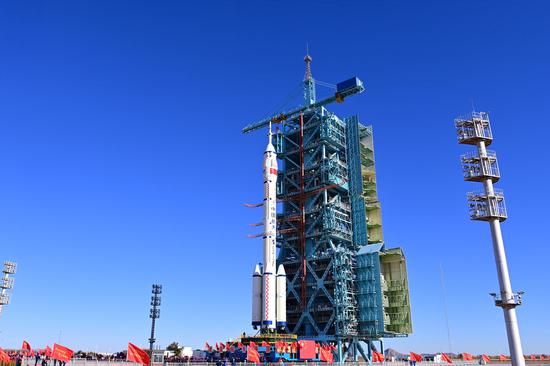

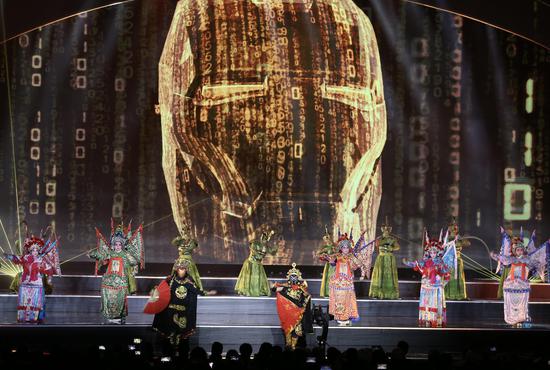
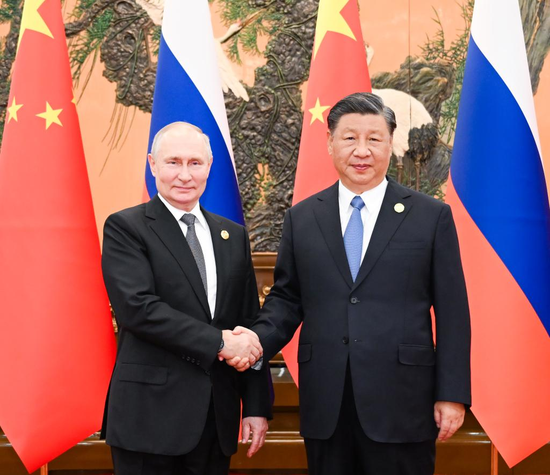
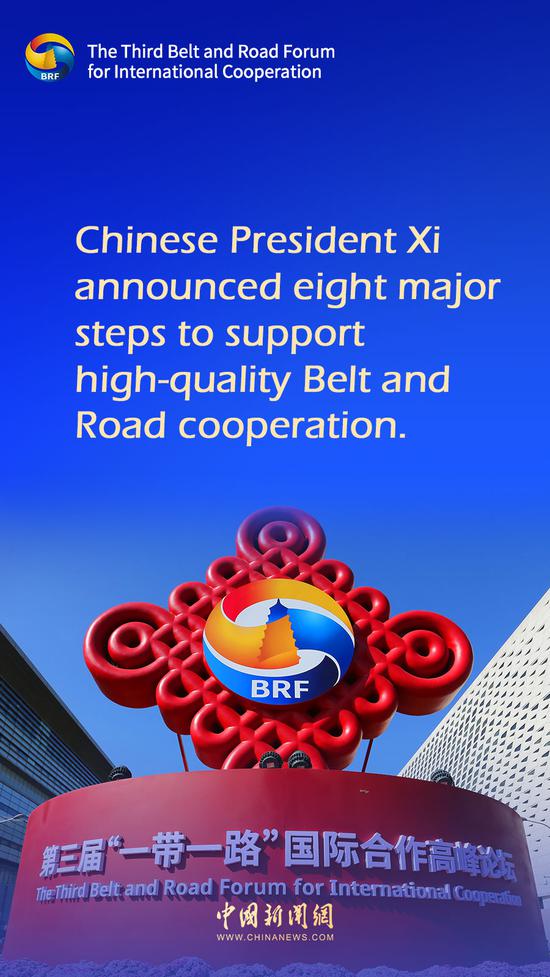






 京公网安备 11010202009201号
京公网安备 11010202009201号